Something I have long had, and hope I never lose, is my instinct to ask why. “Because it’s always been that way,” has never been a sufficient answer to me. I have a radical philosophy: For a law to be made, there needs to be a good reason for it. The criminalization of marijuana and other drugs has always been one of those things for me. If someone smokes marijuana, why does that mean they belong in jail? If someone struggles with a cocaine addiction, why does that mean they belong in jail?
A week and a half ago, I turned 21. For many, this would be a magical week. Turning 21 usually means drinking too much and remembering too little. I don’t drink, and I don’t plan to anytime soon. But why does the magical age of 21 mean I can drink alcohol, a drug that kills more than 95,000 Americans each year, but can’t smoke marijuana, a drug that kills virtually no one every year?
The number one reason I hear as to why marijuana needs to be criminalized is that it is just too dangerous. But is marijuana really that dangerous?
The short answer is no. According to the Center for Disease Control and Prevention, a marijuana overdose is “unlikely.” Furthermore, some reports have shown that the legality of marijuana has led to a decrease in opioid overdoses. Not only do people not die from marijuana, but the drug might indirectly be saving lives.
The reason marijuana is vilified isn’t actually tied to how dangerous it is, or to the myth that it is a gateway drug to harder drugs. It is tied to the Nixon administration and the infamous War on Drugs. Here is a stunning quote from President Nixon’s chief domestic adviser, John Ehrlichman, that explains the Nixon administration’s thinking:
“The Nixon campaign in 1968, and the Nixon White House after that, had two enemies: the anti-war left and Black people. You understand what I’m saying? We knew we couldn’t make it illegal to be either against the war or Black, but by getting the public to associate the hippies with marijuana and Blacks with heroin, and then criminalizing both heavily, we could disrupt those communities. We could arrest their leaders, raid their homes, break up their meetings, and vilify them night after night on the evening news. Did we know we were lying about the drugs? Of course we did.”
I suggest reading that quote again. President Nixon’s number one policy item — the War on Drugs — was not focused on marijuana and other drugs, but putting Black people and hippies in jail.
My stance on marijuana — that it should be legal — shows the libertarian side of my politics. I just don’t see the need for the government to decide what Americans can and can’t consume on their own time, especially when there is no evidence that Americans can or do die from marijuana.
So, the question still remains: Why does the magical age of 21 mean I can drink alcohol, a drug that kills more than 95,000 Americans each year, but can’t smoke marijuana, a drug that kills virtually no one every year?
If it hasn’t been made clear already, there isn’t a good reason. The criminalization of these drugs was, quite literally, rooted in racism and imperialism. The War on Drugs solved a problem, just not the problem of marijuana. It solved the problem of anti-war lefties and Black people wanting change, so our government disproportionately targeted both. Today, Black people are nearly four times more likely to be arrested for marijuana than white people, despite similar usage. So, for my birthday, I don’t want to smoke marijuana or even to have a beer. I want nonviolent drug offenders to be released from prison. It’s been long overdue.


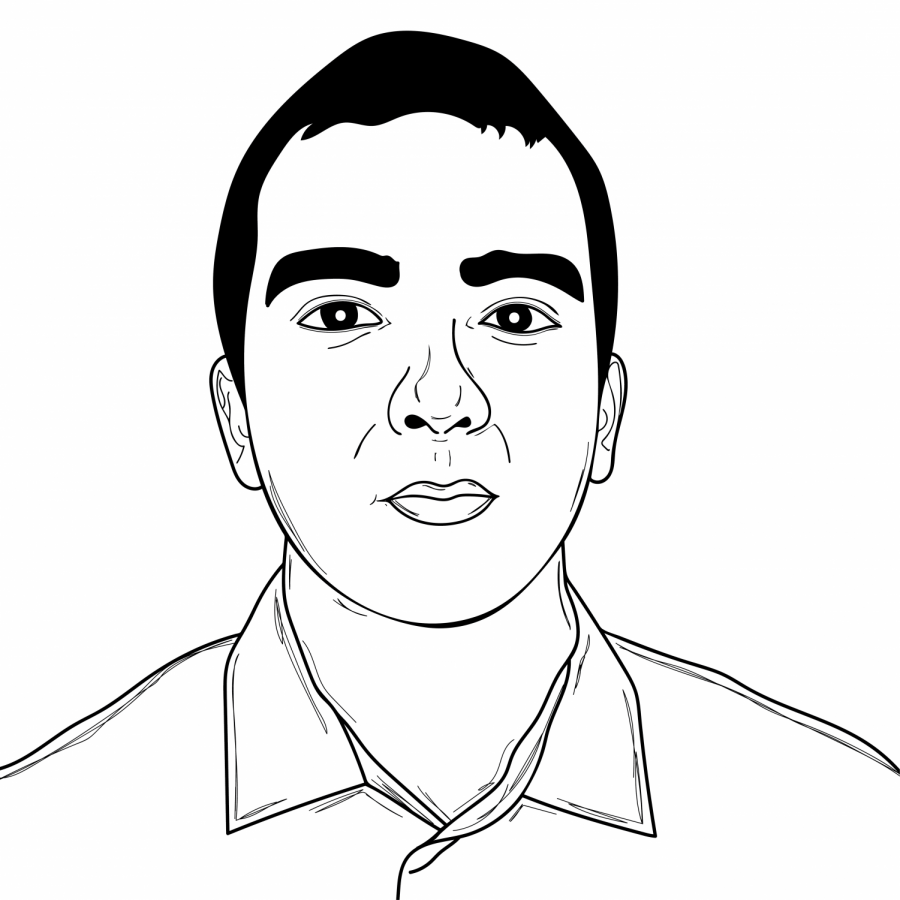
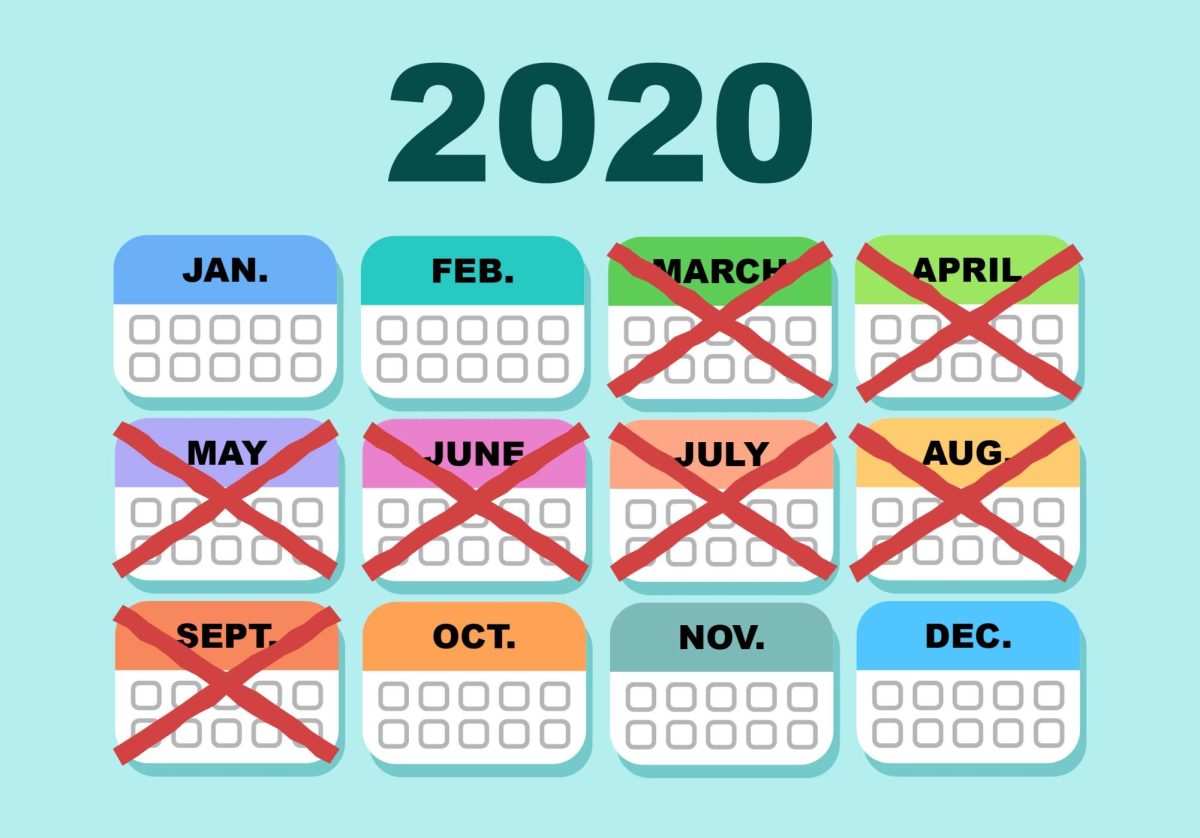
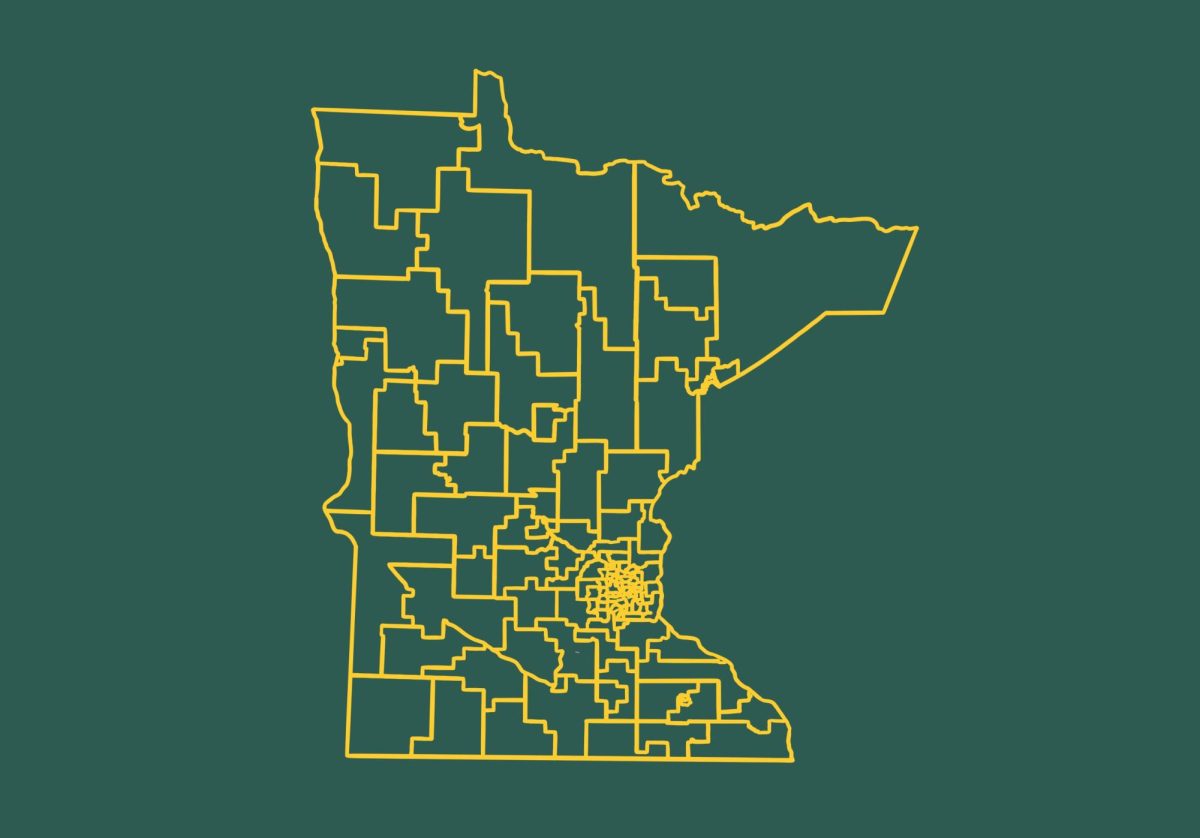
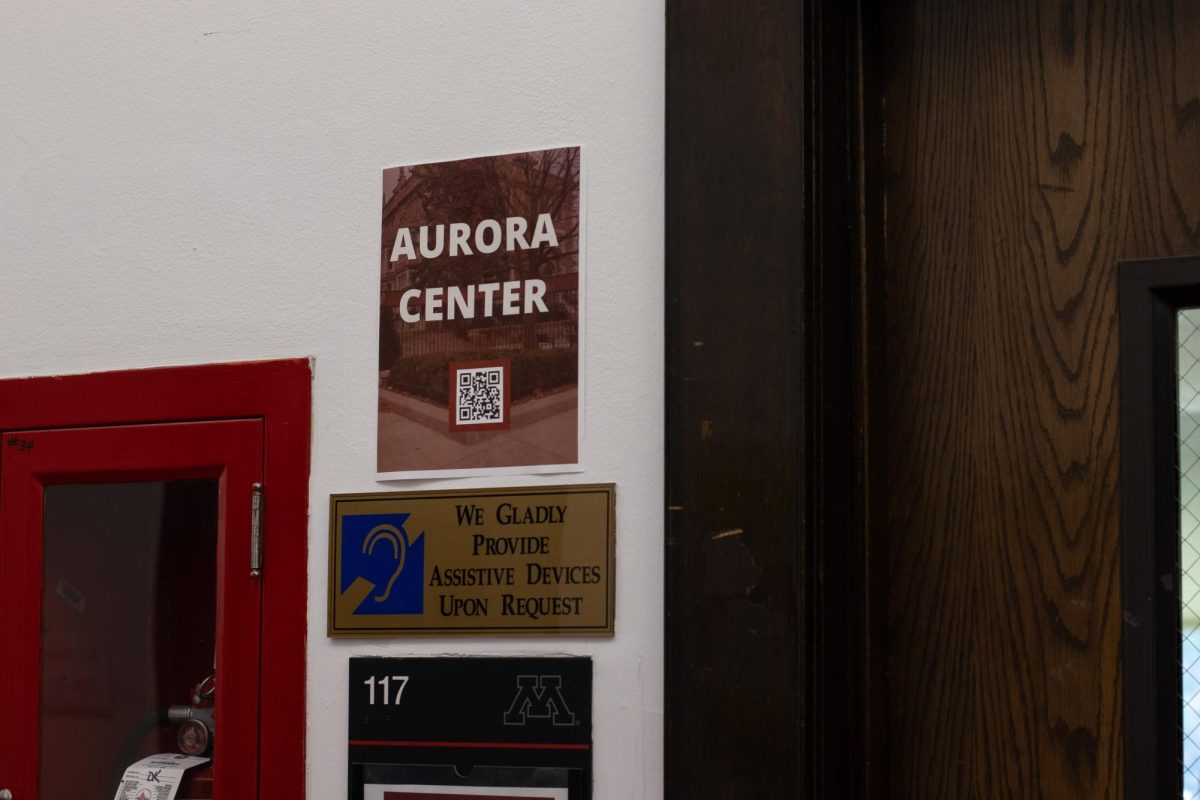

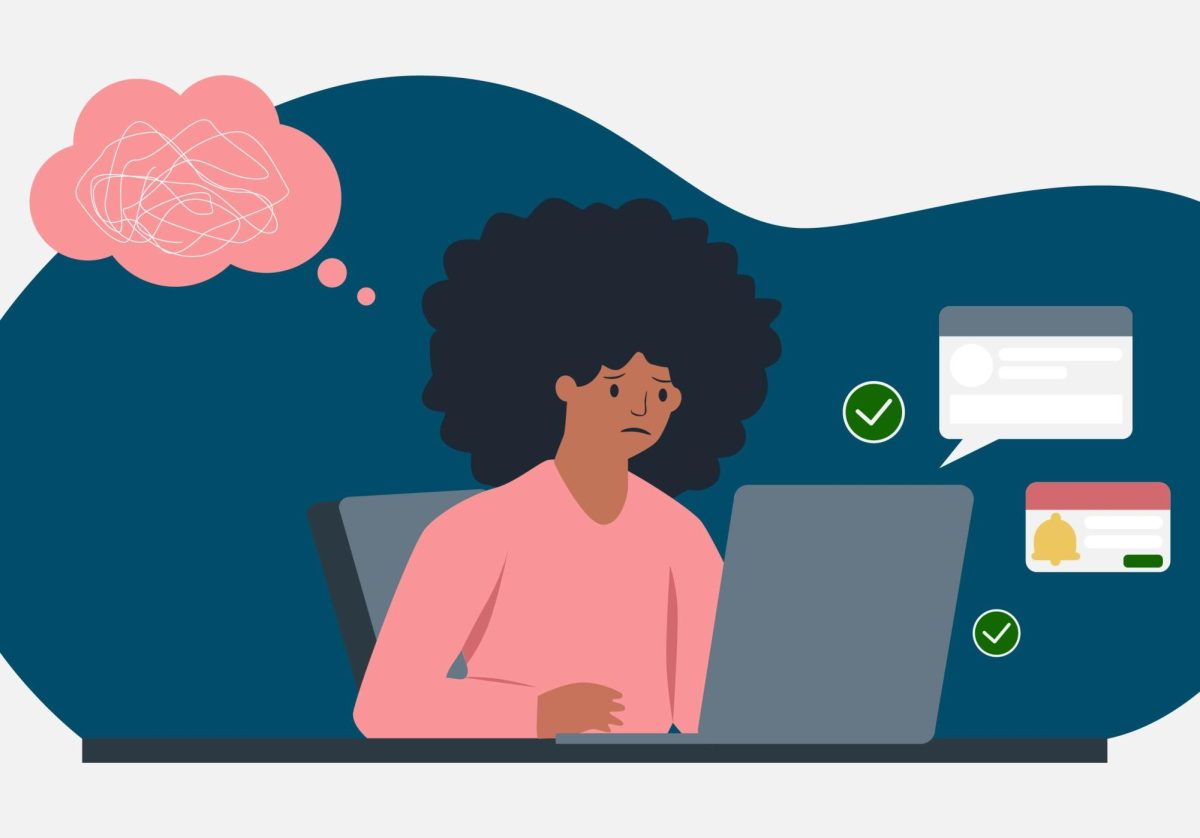

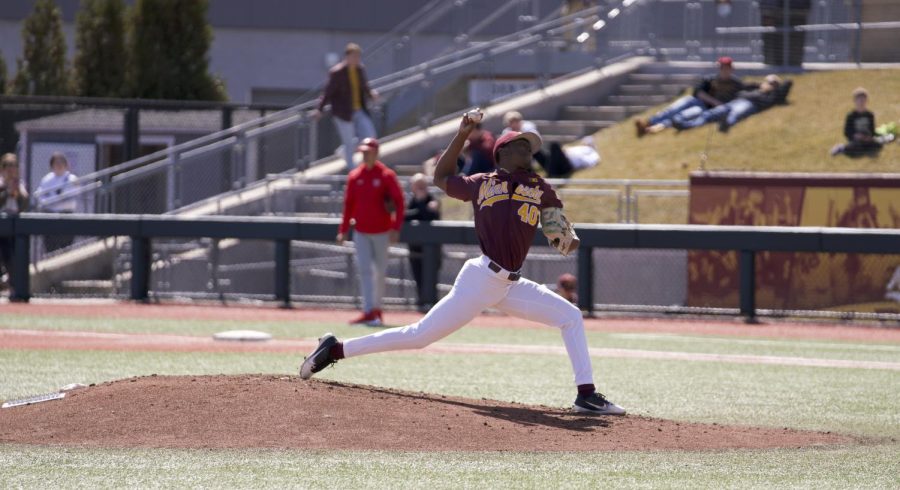
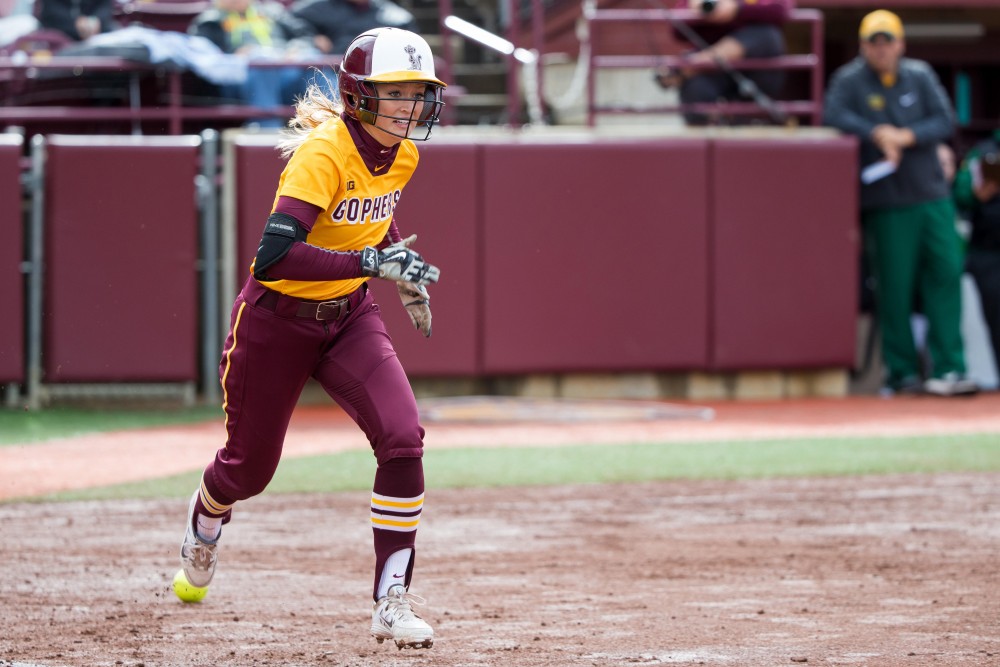
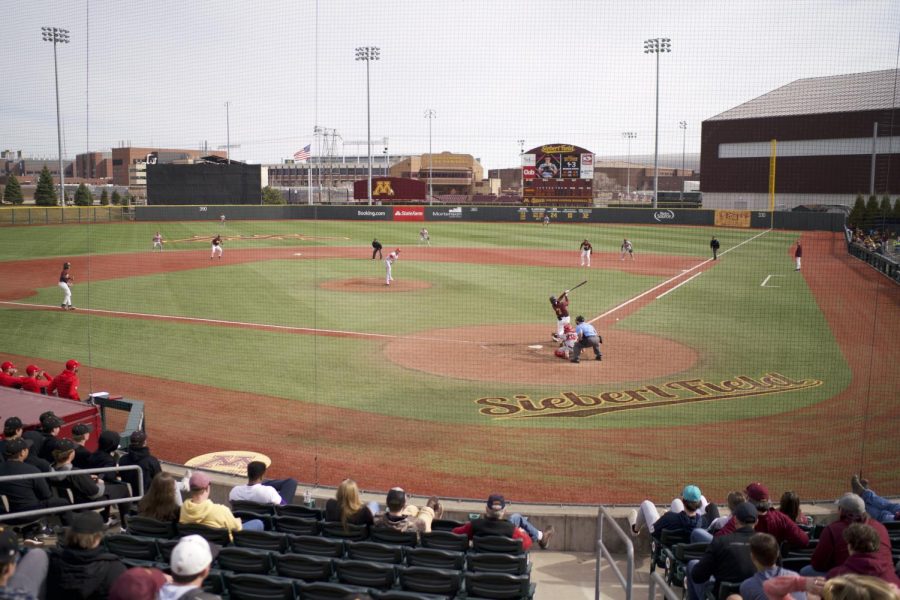
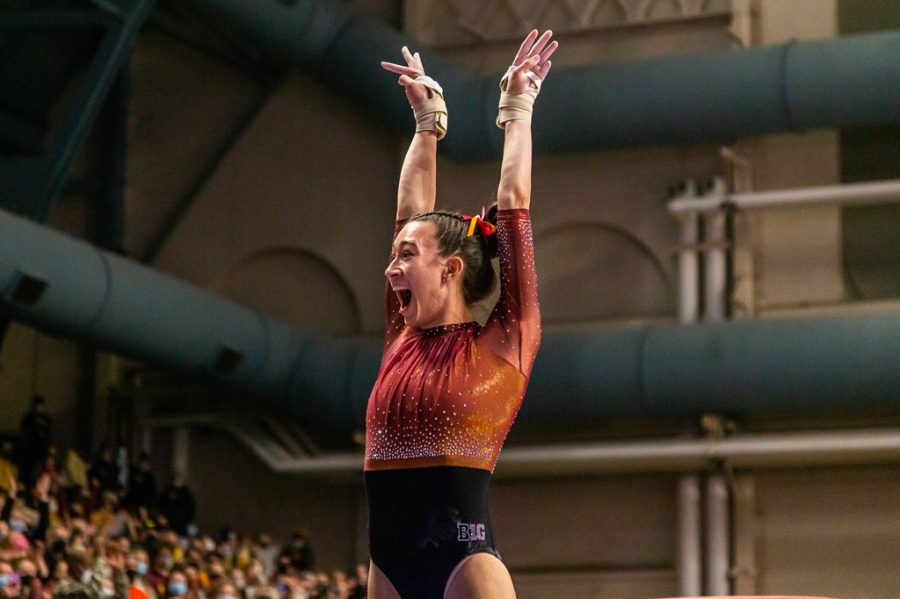
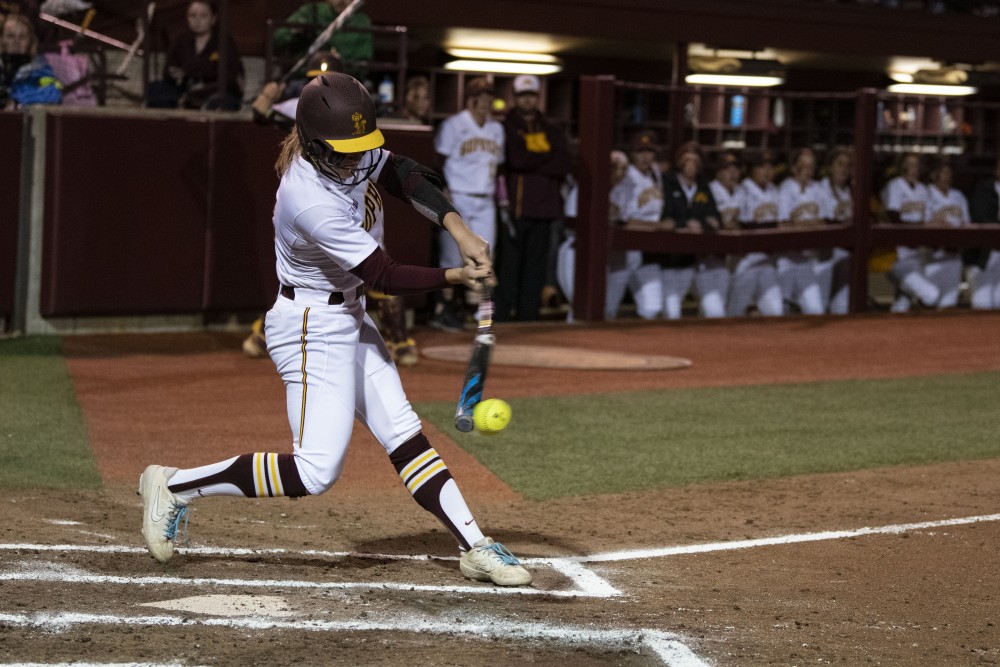





UMN0001
Jul 2, 2021 at 3:37 pm
Couldn’t agree with you more that it should be legal.
How do you police it for public safety though? Alcohol and most other drugs (opiods, etc.) have clear visible signs of impairment which can be easily evaluated if someone is driving under the influence. How do you police someone who is high? I smoke week occasionally, and I should never be behind a wheel when high.
Also, releasing drug criminals isn’t that easy and straight forward. How many crimes include drugs and other charges aren’t pursued because the drug charge is ultimately the higher offense? Do we just let everyone go even though they could have had other charges dropped?
How often is weed the gateway to do further investigation to find weapons in cars, warrants, etc. Imagine what will go unnoticed and checked if it was legal.
Are you only advocating for weed, or do you want cocaine, opioids, etc. also decriminalized?
Not arguing with you. Just some things to think about.